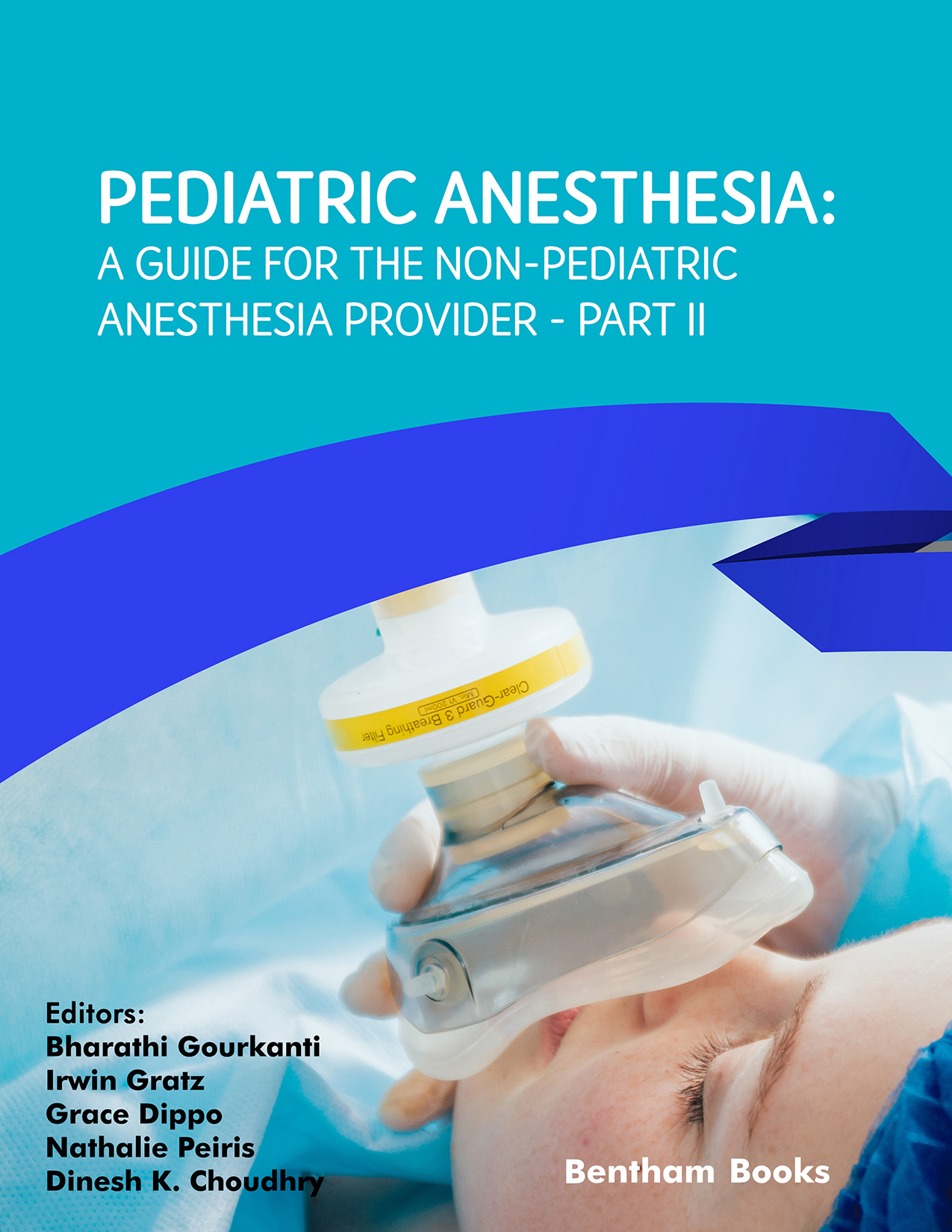Anesthesia-Related Genetic Disorders

- Authors: Ian Brotman1, David Youssef2
-
View Affiliations Hide Affiliations1 Department of Anesthesiology, Cooper Medical School of Rowan University, Camden, NewJersey, USA 2 Department of Anesthesiology, Cooper Medical School of Rowan University, Camden, New Jersey, USA
- Source: Pediatric Anesthesia: A Guide for the Non-Pediatric Anesthesia Provider Part II , pp 140-152
- Publication Date: May 2022
- Language: English
Numerous pediatric genetic disorders have anesthetic implications; however, the ones that should be familiar to all anesthesiologists are those associated with malignant hyperthermia, pseudocholinesterase deficiency, and opioid prescribing. Genetic defects leading to ryanodine receptor mutations in malignant hyperthermia require attention in both anesthetic technique and pre-induction preparation. Pseudocholinesterase deficiency associated with rare mutations of pseudocholinesterase may be encountered by all anesthesiologists and has specific operative and postoperative considerations. Finally, opioids are a common modality for pain control throughout surgical care. Awareness of genetic differences in activation and metabolism for different opioids, as illustrated with codeine usage in pediatrics, is necessary for safe pain management prescribing. nbsp;
-
From This Site
/content/books/9789815036213.chap5dcterms_subject,pub_keyword-contentType:Journal -contentType:Figure -contentType:Table -contentType:SupplementaryData105

